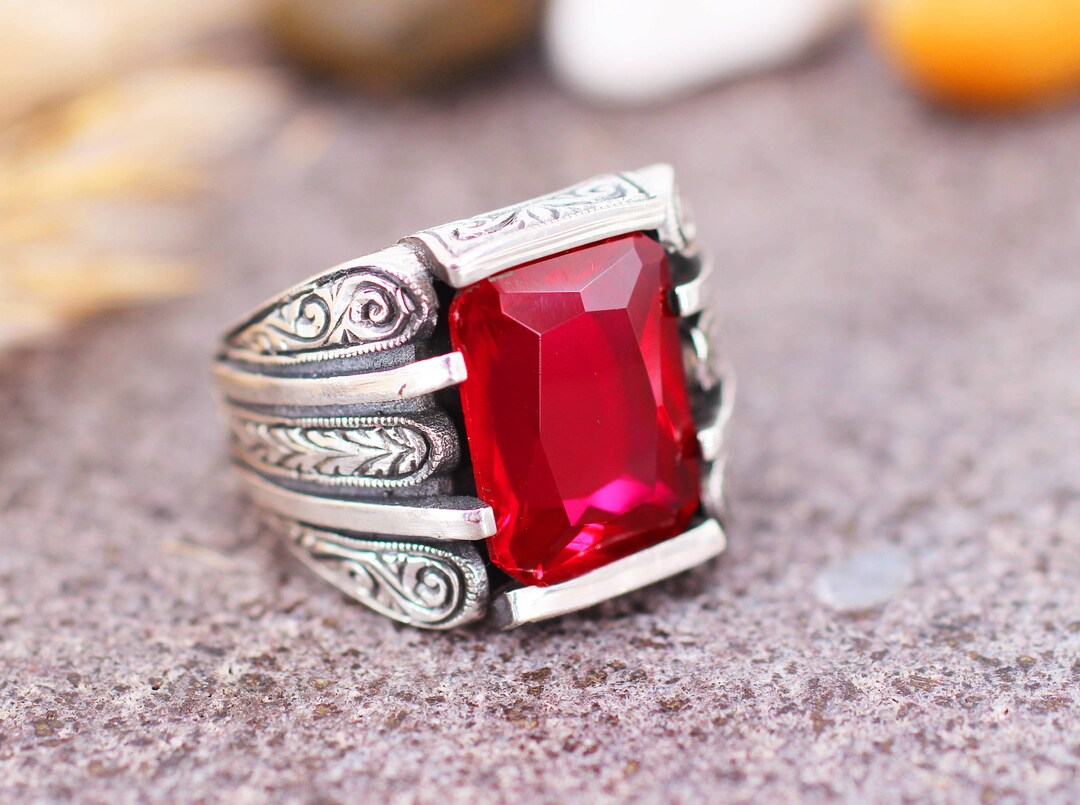Asian Walnut Hardwood Flooring – Everything You Need to Know Before You Buy
Asian Walnut wood flooring is one of the most unique hardwood species available in the market today. Often referred to as Acacia, this walnut hard wood floor is harvested obviously in Asia. Asian Walnut wood floors have become increasingly popular in the last few years. Although Oak is still the #1 seller in wood flooring, exotic species such as Asian Walnut and Brazilian Cherry have made long strides towards becoming main stream wood flooring choices. If you are looking for a very distinct floor that is considered a center piece for your room or home, Asian Walnut hardwood flooring is certainly worth considering. There are several things you need to know when considering the exotic Asian, Acacia Walnut species of floors.
Most Asian Walnut floors are offered with a factory finish. Factory finished means the factory has applied multiple, protective coats of either polyurethane, aluminum oxide, or a combination of both. These finishes protect the floor from minor scratches and wear. Of course any wood floor can be scratched, but the current factory finishes are much better than 20 years ago. The best option is to find an Acacia wood floor with either an aluminum oxide or combination of aluminum oxide and polyurethane finish. If you buy unfinished, Asian Walnut wood flooring it will have to have the protective finish applied after installation in your home. This type of in home finish is not very comparable to a factory finish as a installer cannot duplicate the heat and pressure to the boards the same as a manufacturing process in a factory.
Asian Walnut is usually available in 3 colors or stains. Natural is the most common color. Actually, natural is unstained but has a protective finish. The natural Asian Walnut boards will have a wide variety of color ranges from dark to light. The darker colors will be slightly more predominant though. Another color commonly sold is Cinnamon or sometimes called Cherry. This color has slight, red hues to give a classy, semi formal look. Cinnamon is a very rich, deep stain. The final color you may find is a stain sometimes called Smoke or Toffee. Smoke stained, Asian Walnut floors have a very similar appearance to another species, Black Walnut. The stain isn’t actually black or extremely dark, but does have a deeper, darker hue than the other colors you will find. A Smoke stain, Asian Walnut is a nice alternative to it’s cousin, Black Walnut as the Asian version may be priced slightly less.
A tip to remember when getting samples of Asian Walnut hardwood flooring is to ask for two samples. Asian Walnut, or Acacia wood has largely varying characteristics between every board. Two samples will give you a much better idea of what the floor is going to look like. Another hint is once you have decided to go with a specific color or dealer, buy one box first. When you get the box, loose lay it out in an area of your home to make sure you like the color and style. You may or may not be able to send the box back to the dealer, but, your initial investment will be much less than if you had purchased the entire job. If for some reason you don’t like the Acacia hardwood floor, you are only out about $100 or so instead of thousands.
A few design and construction notes to consider are the characteristics of Asian Walnut wood flooring. Almost always, Asian Walnut is a 3/4″ solid board which is designed for a nail down installation. The Asian species of Walnut wood flooring also has a distinct grain pattern. Large swirls and a loose grain structure give Asian Walnut one of the most unique looks of any wood species sold today. This unique grain pattern works very well in large rooms and areas. Another characteristic of Asian Walnut, or Acaica hardwood flooring is the board lengths typically are not longer than about 4 feet. The tree itself is not a tall growing tree, so the boards tend to be slightly shorter than traditional walnut trees. A final note on Asian, Acacia Walnut properties is that it rates very highly on the Janka Scale coming in around 2,300. The Janka scale is a measurement used to determine the hardness of a hardwood species. The higher the number, the harder the wood. At 2,300, Asian Walnut is much harder than common Oaks which are around 1,300 or so. As a reminder, any hardwood floor can be dented, scratched, scuffed etc, however, the harder the wood, the tougher it is.


